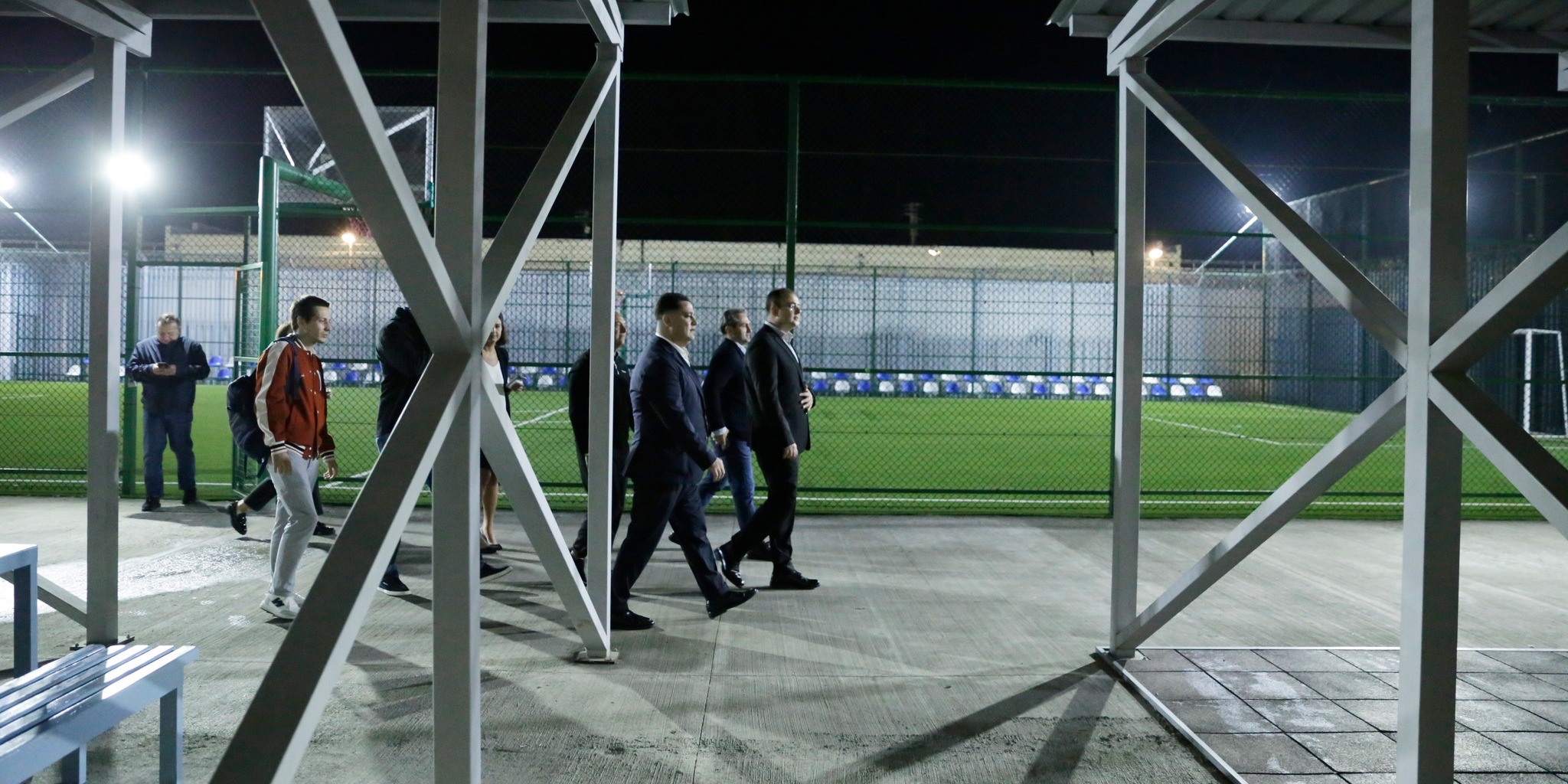News

Expansion of Sports Infrastructure in Penitentiary Institutions Continues
As part of ongoing efforts to promote a healthy lifestyle, a new stadium and training facility, built to modern standards, have been established at Penitentiary Institution No. 17. The Minister of Justice, Rati Bregadze, visited the site alongside Head of the Special Penitentiary Service, Nika Tsvarashvili to review the completed work.
The newly constructed stadium, featuring an artificial surface, is designed for football and basketball. Improvements to the surrounding area were also made to enhance the overall environment.
In addition to the sports field, a new training area equipped with modern exercise machines has been built within the facility. This space provides inmates with opportunities to use their free time more productively by engaging in physical activity.
Promoting a healthy lifestyle within penitentiary institutions is a priority for the Ministry of Justice. Since 2022, a sports management strategy has been in place, offering inmates the chance to participate in various sports festivals. Additionally, a range of sports programs and training courses are available, allowing inmates to pursue certifications as professional trainers or fitness instructors. Efforts to modernize and expand sports infrastructure within these institutions are ongoing.
 Geo
Geo Eng
Eng